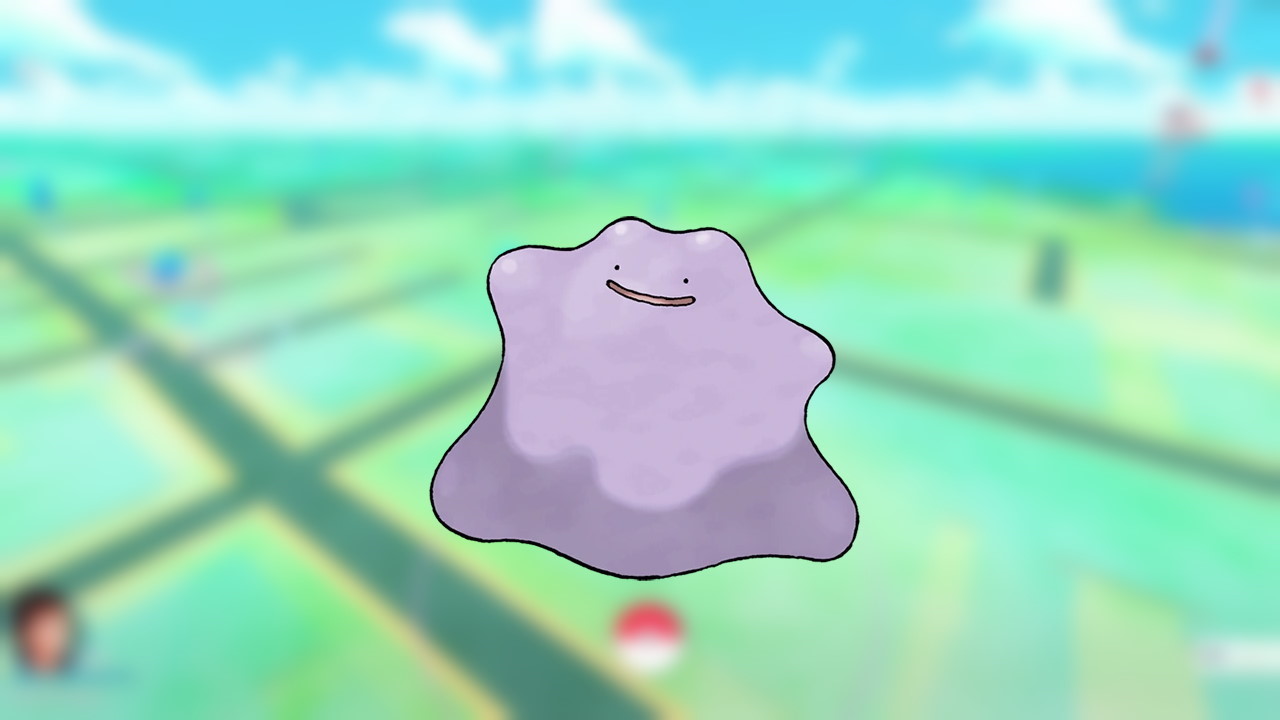

My knees, as usual, were bleeding, my fingers ditto, cut here and there by the excessive zeal of my rubbing against the sharp metal pieces … On my knees, I was scrubbing Teak Brite into my decks, and flushing them clean with sweat. What little verb use that had existed largely faded from American and British use (though it continued elsewhere and especially in India), and noun/pronoun use dropped off sharply, with the remaining uses of ditto being adverbial and something else entirely. The Bar Association of New York City upheld the principle of the bill but condemned its wording as "so rigid, so needlessly interfering, as to bring about a widespread crippling of the administrative process." Brookings dittoed the opinion.īut as the 20th century progressed, use of ditto changed. The temperaments at the door, Stephen interposed with, were very passionate about ten shillings. Less mature by a year, than Harvard dittos. On his side he says Yale undergraduates are (a) more gentlemanly (b) more homogeneous (c) one long backless bench of three inch stuff for the haunches, one long ditto a little higher for the elbows, books, and papers. The marks and the uses of ditto itself continued into the 20th century, with the verb appearing with slightly more frequency as well: William Makepeace Thackeray, Vanity Fair, 1848Ģ7 Porters 3 Coarse Washers and Ironers 44 Mules 1 Fine ditto 44 Muleteers 7 Cows 2 Milkersĭitto marks-typically inverted commas or apostrophes-appear to date to the late 19th century. Osborne's butler came to buy some of the famous port wine to transfer to the cellars over the way.Īs for one dozen well-manufactured silver spoons and forks at per oz., and one dozen dessert ditto ditto … Sometimes the context placed the word in its familiar and mundane inventory-and-invoice territory: Louisa May Alcott, Little Women, 1868-9 Of course, there were many light-footed, shrill-voiced American girls, handsome, lifeless-looking English ditto, and a few plain but piquante French demoiselles … That, now, is what old Bowditch in his Epitome calls the zodiac, and what my almanack below calls ditto.Ī stout Frenchman, who knew the Emperor, came to indulge his mania for dancing, and Lady de Jones, a British matron, adorned the scene with her little family of eight. He has a sort of pinchbeck watch ditto, ring ditto, eyeglass. "What has Sweeting? Why, David has his harp, or flute, which comes to the same thing.
#Ditto mark full#
He laughed for full three minutes before he answered it. This question seemed to tickle Malone amazingly. Charles Dickens, Sketches by "Boz," 1836

They lived in the same street, walked into town every morning at the same hour, dined at the same slap-bang every day, and revelled in each other's company very night. Robert Smithers was a ditto in the same their incomes were limited, but their friendship was unbounded. Thomas Potter, then, was a clerk in the city, and Mr. Donovan made in his 1795 The Natural History of British Insects, with the subject of a first illustration being identified as "the natural size of the larva, with its manner of feeding," and the second as "magnified appearance of the upperside of ditto."īut in the 19th century ditto sauntered into popular fiction and settled down for a nice visit: Noun use (arguably more accurately characterized as pronoun use) dominated, with the English word first functioning mostly in the mundane texts of inventories and invoices, as well as in dry scientific observances like those E. Adjectival use quickly followed the adoption of the noun use, and by the second decade of the 18th century, ditto was also functioning in English as an adverb and as a verb. So great was the obvious utility of ditto, in fact, that English speakers put the word to use in ways the Italians had not thought to do. The Italians had cultivated ditto/detto themselves, with its origins lying ultimately in Latin dicere, meaning "to say," but English speakers were happy to claim it for their own. That's right: the history of the word ditto starts with Italian: some early 17th century English speakers noticed that in Italian, ditto or detto was used to refer to a thing mentioned previously.


 0 kommentar(er)
0 kommentar(er)
